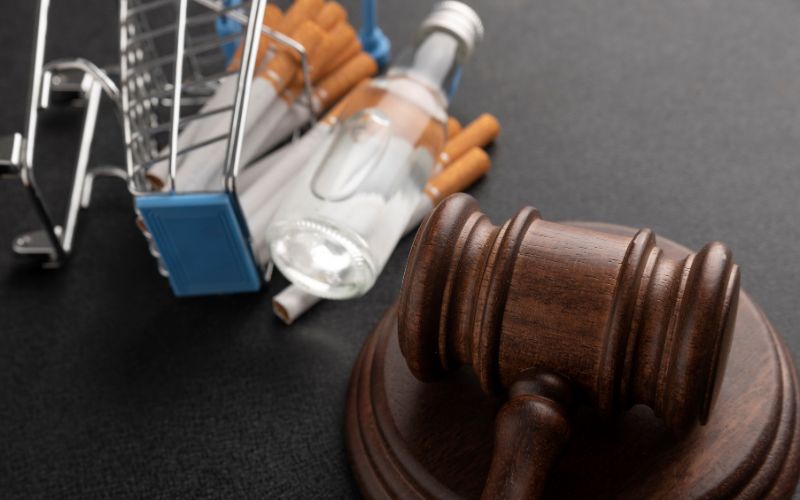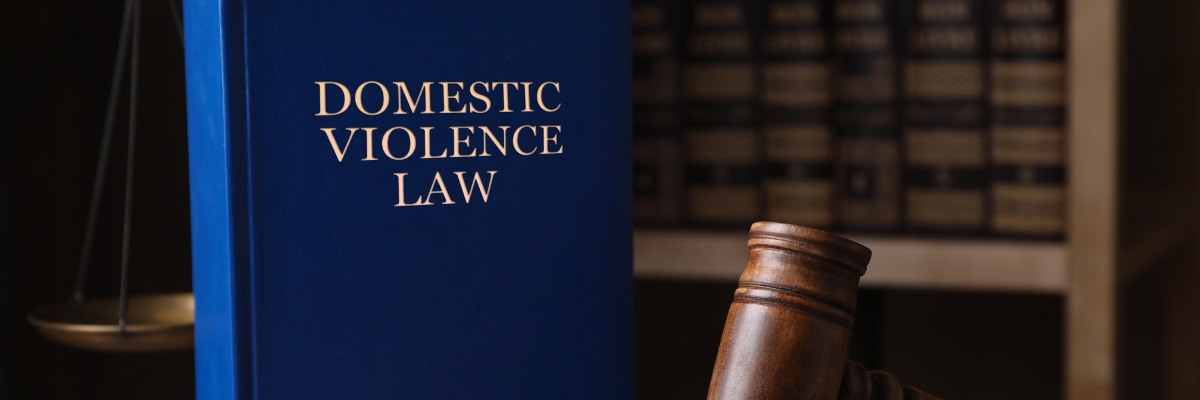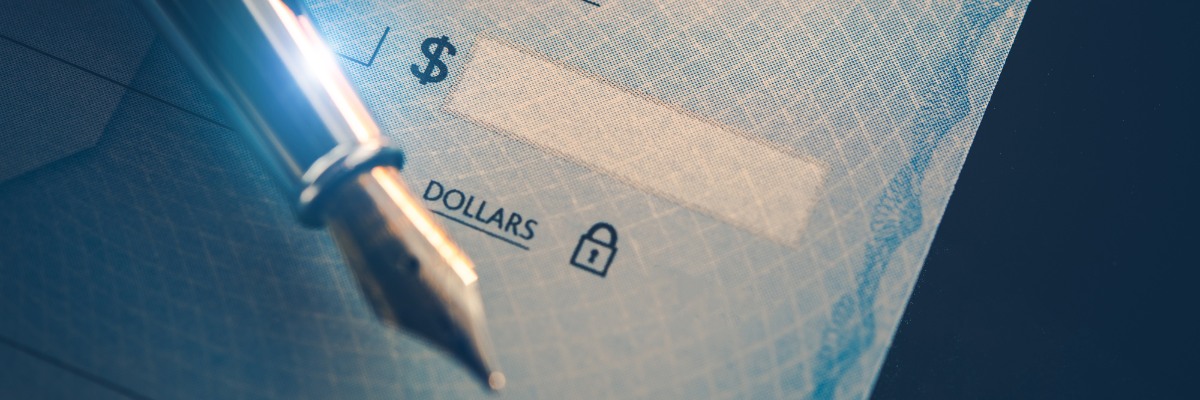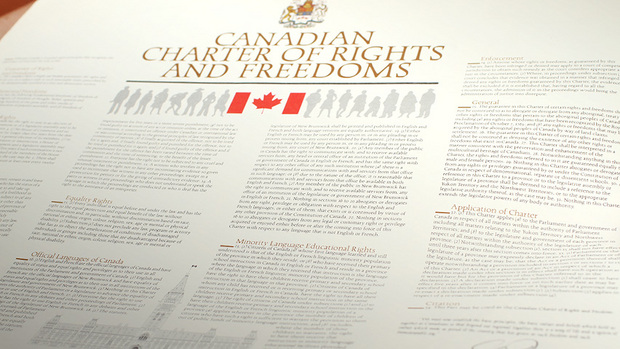What is Diversion?
Diversion is a program that has been created to divert people out of the criminal justice stream by providing them with the opportunity to deal with their criminal charges outside the formal setting of the courtroom. Diversion is an approach to dealing with criminal charges that will not result in a conviction and a criminal record for the accused.
Who is Eligible?
Diversion is available to both adults and youth who are charged with a criminal offence. For youths, diversion is often referred to as Extra Judicial Sanctions (EJS) or Enhanced Extra Judicial Sanctions. The difference between Extra Judicial Sanctions and Enhanced EJS is that there is more required of the youth under Enhanced EJS. For adults, diversion is often referred to as Direct Accountability.
Diversion is generally only made available to first-time offenders; however this does not mean that every first-time offender is entitled to the diversion program. There is no absolute right to your charges diverted through either Direct Accountability or EJS. The Crown Attorney has the absolute discretion in determining whether you will be eligible for the diversion program.
The diversion program is typically offered to first-time offenders who are alleged to have committed a relatively minor criminal offence. Some examples of offences which may be consider for the diversion program are;
- Minor Theft or Shoplifting.
- Mischief.
- Possession of a small amount of marijuana.
- A very minor Assault.
If you are charged with one of the offences listed above and you have never been in trouble before, it is not guaranteed that the Crown Attorney will recommend diversion for you; similarly if you are charged with an offence not listed above this does not mean that you will not be eligible for diversion. Essentially, the Crown Attorney will review the criminal charge against you, including the circumstances surrounding the alleged offence and then make a determination whether this is something that can or should be diverted from our criminal courts.
You will not know whether you are eligible for the diversion program until the first court date. When you or your lawyer receives the disclosure from the Crown Attorney, there will usually be a Crown Screening Form attached to the front of the disclosure package. The Crown Screening form will indicate whether the Crown Attorney has screened your matter for diversion. If you have not been screened for the diversion program, this does not necessarily mean that you will not be eligible for diversion. If there are compelling reasons why you should be eligible for the diversion program, the Crown Attorney may agree that you be allowed to complete Direct Accountability or Extra Judicial Sanctions. This is just one of many reasons why it is important to hire a lawyer if you have been charged with a criminal offence. A criminal defence lawyer can sometimes be the difference between your charges being diverted or being resolved in some other way.
You should be aware that if the Crown Attorney is offering diversion, you usually only have a limited period of time to decide whether you want to enter the diversion program. Usually you will be given anywhere from 30 to 60 days to decide whether you are going to accept diversion.
What does Direct Accountability or Enhanced Judicial Measures Require Me to Do?
What you will be required to do for Direct Accountability will be dependent upon the criminal offence which you are charged. For example, where you are charged with a very minor assault, you Crown Attorney may be requesting that you complete a 1-day anger management course. Where you have been charged with theft or shoplifting, you may be required to make a donation to a recognized charity. Donations can be made at most courthouses to either the John Howard Society or the Salvation Army.
If you are a youth and are eligible to complete Extra Judicial Sanctions, what you will be required to do will be dependent upon the offence which you have been charged with and what the Crown Attorney determines appropriate taking into account your age. For example, a youth will rarely be asked to make a charitable donation because what will often happen is that a parent will be the person making a charitable donation leaving the youth unaccountable for his or her actions and thereby defeating the purpose of the diversion program for the youth. Youth who are eligible for diversion are more likely to be required to complete a number of hours of community service work.
I Want to Complete Diversion, What Happens Next?
If you accept to complete the diversion program, you or your lawyer will attend at court and advise the Crown Attorney and the Court that you will undertake to complete what is required in a reasonable period of time. Your matter will then be adjourned to a date in the future so that you can be given a reasonable opportunity to complete what you are required to do for the diversion program.
What Happens Once I have Completed Direct Accountability or Extra Judicial Sanctions?
Once you have completed what is required of you for the diversion program, you matter will return to court where the Crown Attorney will request that the charges against you be withdrawn. You will not be required to enter a guilty plea and you will not receive a criminal record. The only record that is maintained is that you received diversion, and the reason for this is to ensure you do not continue to receive diversion if you are subsequently charged with another criminal offence.
Depending of the jurisdiction you are in, once you have completed the diversion program and your charges have been withdrawn, you should consider applying to have your fingerprint records and photographs destroyed.
What if I Don’t Complete What I am Required to Do?
If you fail to complete the diversion program in a reasonable period of time, the Crown Attorney will indicate to the Court that you are no longer eligible for diversion and will proceed with the charges against you. In these circumstances you will have to resolve your matter another way, either by entering a guilty plea or proceeding on to trial.
Contact a Lawyer
In circumstances where you are charged with a minor offence and you have not been in trouble before, diversion may be made available to you. Contact me today if you have any questions about diversion or if you have been charged with a criminal offence.













